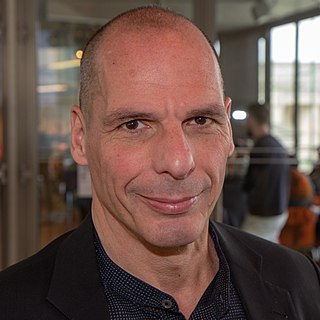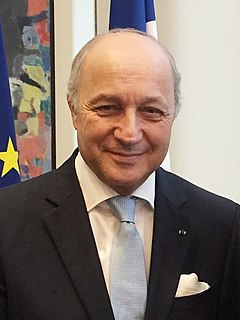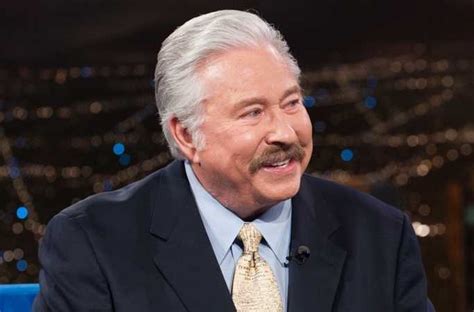A Quote by Vladimir Bukovsky
If you go through all the structures and features of this emerging European monster you will notice that it more and more resembles the Soviet Union.
Related Quotes
The Soviet Union was brought down by a strange global coalition of Western European conservatives, Eastern European nationalists, Russian liberals, Chinese communists, and Afghan Islamic reactionaries, to name only a few. Many of these discordant groups disliked the United States intensely. But Americans were able to mobilize them to direct their ire at the Soviet Union first.
This much I would say: Socialism has failed all over the world. In the eighties, I would hear every day that there is no inflation in the Soviet Union, there is no poverty in the Soviet Union, there is no unemployment in the Soviet Union. And now we find that, due to Socialism, there is no Soviet Union!
European Union partners never said European Union partners're going to renege on any promises, European Union partners said that European Union partners promises concern a four-year parliamentary term, european Union partners will be spaced out in an optimal way, in a way that is in tune with our bargaining stance in Europe and also with the fiscal position of the Greek state.
Look at Ukraine. Its currency, the hernia, is plunging. The euro is really in a problem. Greece is problematic as to whether it can pay the IMF, which is threatening not to be part of the troika with the European Central Bank and the European Union making more loans to enable Greece to pay the bondholders and the banks. Britain is having a referendum as to whether to withdraw from the European Union, and it looks more and more like it may do so. So the world's politics are in turmoil.
European peace movement felt that the deployment of these missiles on European soil, on German soil would be a very great danger towards the Soviet Union in that those missiles could reach the Soviet Union, make it vulnerable within five to six minutes, that it could surgical strikes, strikes into the military infrastructure and that a strike into the military infrastructure could cause in fact World War III, an atomic world war and that this could also be used for first strike, for surgical search, first strike into the Soviet Union.
There used to be the Soviet Union and the Warsaw Pact. There used to be Soviet troops in the GDR. And we must honestly admit that they were occupation troops, which remained in Germany after WWII under the guise of allied troops. Now these occupation troops are gone, the Soviet Union has collapsed, and the Warsaw Pact is no more. There is no Soviet threat, but NATO and U.S. troops are still in Europe. What for?
The fact that we're going through a crisis is an opportunity for Europe to be more coordinated and more integrated. We're actually talking about a European Monetary Fund or euro bonds, about guarantees for countries, about economic governance in the European Union. That shows the strength of Europe.
Thanks to the euro, our pockets will soon hold solid evidence of a European identity. We need to build on this, and make the euro more than a currency and Europe more than a territory... In the next six months, we will talk a lot about political union, and rightly so. Political union is inseparable from economic union. Stronger growth and Euorpean integration are related issues. In both areas we will take concrete steps forward.
The common fisheries policy essentially gave other European Union nations unfettered access to our fish stocks and - I would hope - that if we leave the European Union, we can once more see the ports of Peterborough and Fraserhead and Grimsby flourishing, because we will take back control of our territorial waters.





































